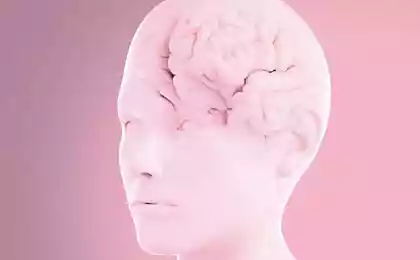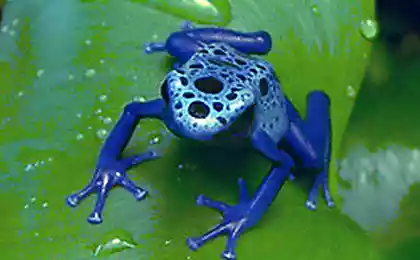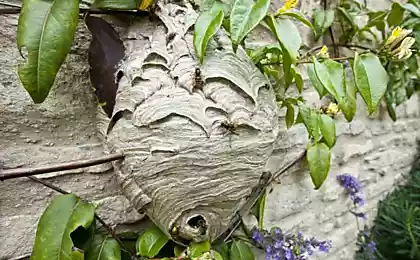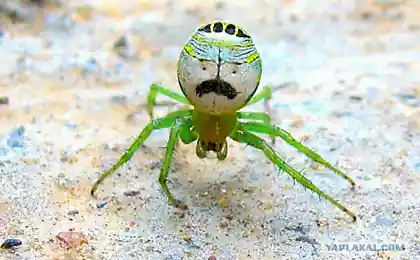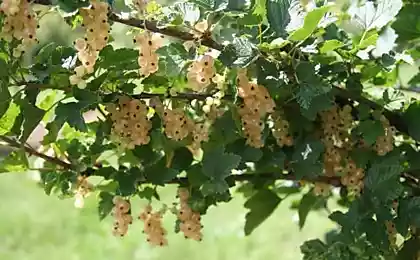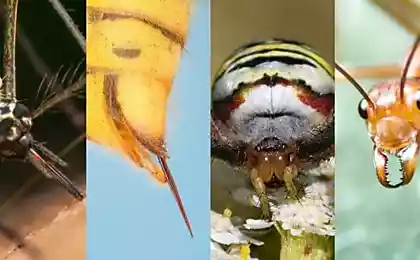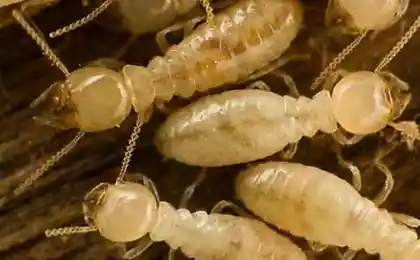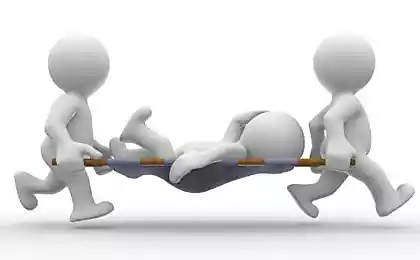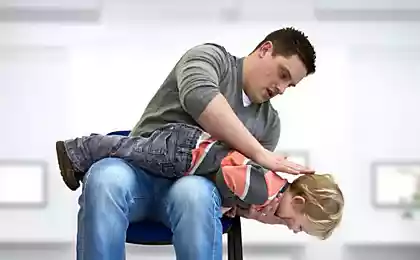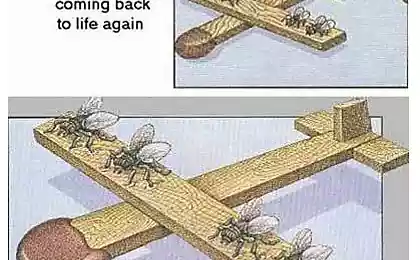219
First aid for a wasp bite
The time of ripe berries and fruits is very close. But, anticipating these joys, you need to remember the dangers that lie ahead. After all, near sweet and juicy apples, pears or apricots, aggressive wasps are often “on duty”. But their bites can cause a lot of problems.
And today's edition. "Site" will tell What to do with a wasp biteIf that trouble has happened. We often underestimate the effects of a bite and put our lives in danger.
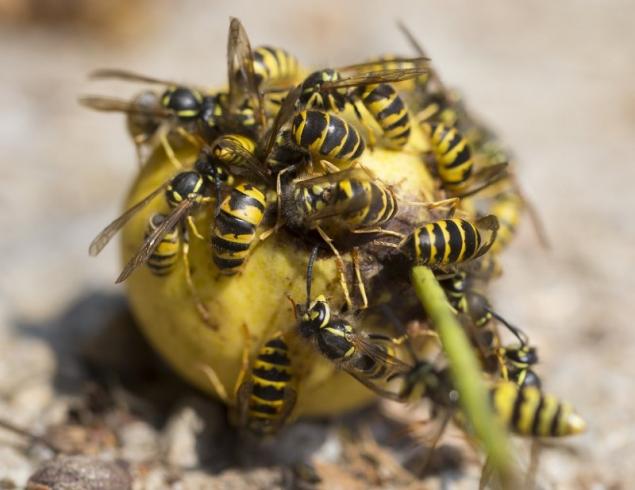
When a wasp or bee bites, the sensations are approximately the same - pain and burning. The bitten place is redder and swelling. And if the edema on the body rarely lasts longer than an hour or two, then it can remain on the face even for two days. And if there is an allergic reaction, then things can be very bad.
With a single bite, you should examine the affected area. If a bee bites, a sting will be found, which should be removed so that the poison stops poisoning the body.
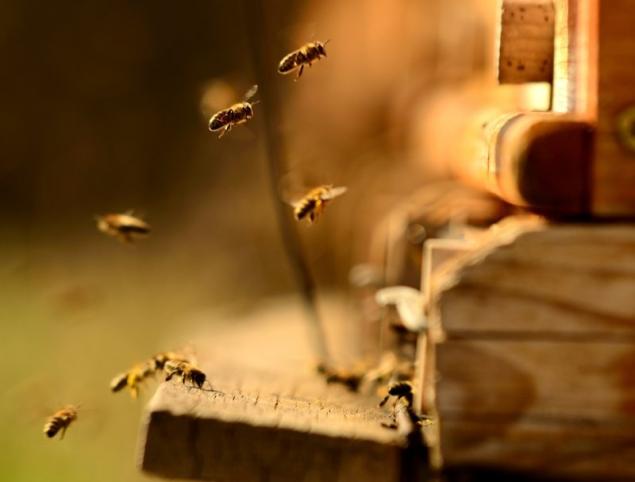
Before extracting the sting, wash the bite site with clean water, getting rid of dirt and residues of poison. Then disinfect the tool that extracts the sting, be it tweezers or needles. Disinfect the wound itself and apply a cold compress. If you have an allergic reaction, take an antihistamine, as well as drink sweet hot tea.
If the wasp bit after all, then you need to first drive the insect, because it can sting more, and only then deal with the treatment of the wound. If there were several bites, then a general toxic reaction may begin, and therefore you should seek medical help.
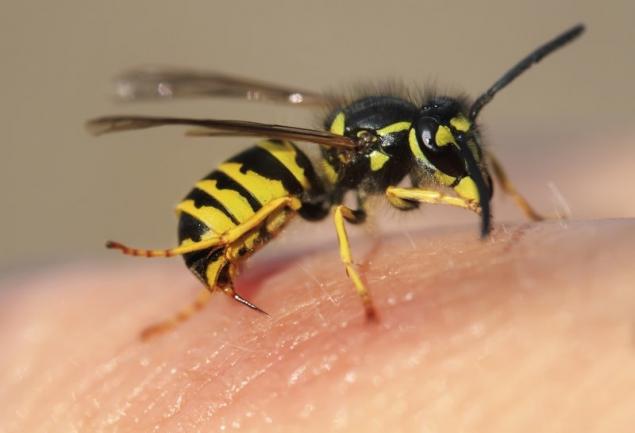
Immediately consult doctors should also be in the event that the bite fell on the lip, tongue or larynx, because the resulting edema can spread and lead to strangulation.
Allergic. wasp-bite or bees may appear dizziness, nausea, vomiting, a sharp decrease in blood pressure (anaphylactic shock), loss of consciousness.
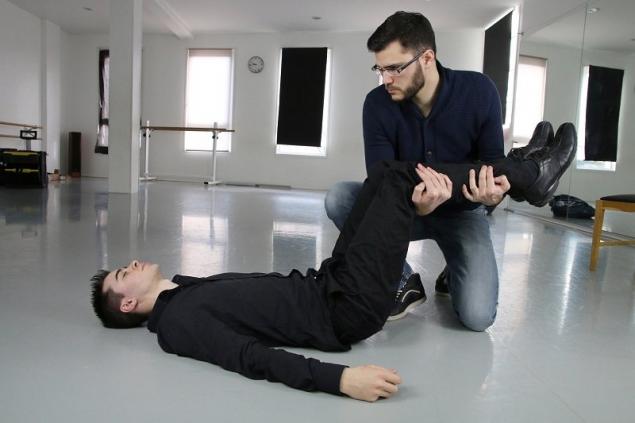
The bites of wasps and bees are especially dangerous for a child, because the child's body is more susceptible to them. And if it is impossible to seek medical help, then, in addition to the measures already listed, you should give the child to drink more fluids so that toxins are removed faster.
Do not hesitate with medical help if the child is very small (up to 3 years old). In this case, it is better not to experiment with folk remedies that can aggravate the situation.
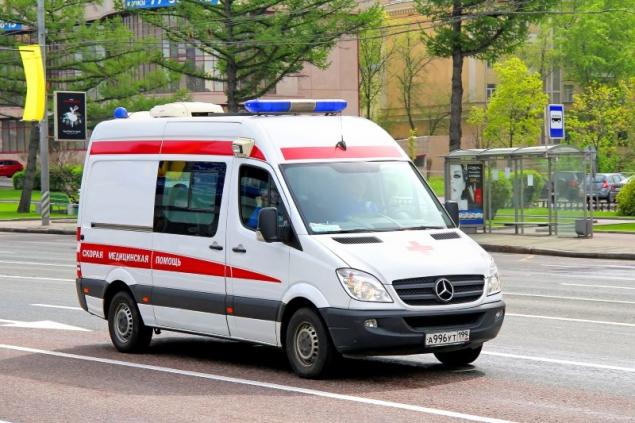
Insect bites happen quite often. We can say that almost everyone goes through this, and therefore do not panic if such a trouble has occurred. It is enough to know what to do, as well as to have on hand antihistamines if there is an allergic reaction to a bite.
Note that hornets, wasps, and especially bees do not set the goal of their lives to bite you. They attack only when they have to defend themselves, their offspring or their nest. Of course, if you accidentally crush an insect, it will try to bite.
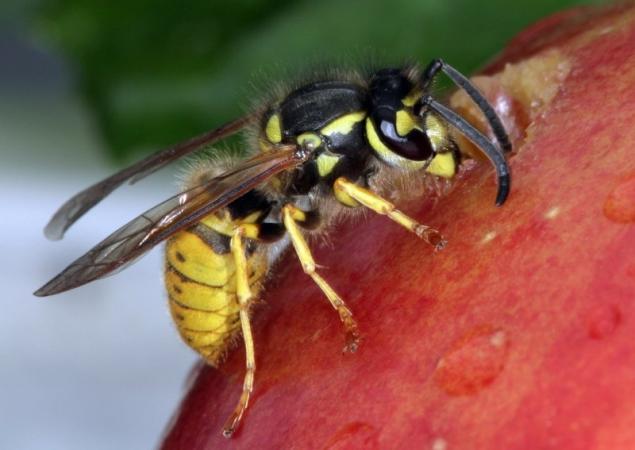
Sharp movements (such as flapping hands) are also perceived by the insect as aggression and provoke a bite. In addition, bees and wasps can not tolerate sharp smells, and therefore it is worth thinking carefully before using perfume or odorous cosmetics before a trip to nature.
By the way, Hippocrates prescribed the treatment of patients with bee stings. And even today, people continue to be treated in this way. However, the bites of most insects are a serious danger, and therefore it will not be superfluous to be able to determine by the appearance of the affected place who bit you.
Did you get bitten by insects as a kid? Tell me how you dealt with the consequences.
And today's edition. "Site" will tell What to do with a wasp biteIf that trouble has happened. We often underestimate the effects of a bite and put our lives in danger.

When a wasp or bee bites, the sensations are approximately the same - pain and burning. The bitten place is redder and swelling. And if the edema on the body rarely lasts longer than an hour or two, then it can remain on the face even for two days. And if there is an allergic reaction, then things can be very bad.
With a single bite, you should examine the affected area. If a bee bites, a sting will be found, which should be removed so that the poison stops poisoning the body.

Before extracting the sting, wash the bite site with clean water, getting rid of dirt and residues of poison. Then disinfect the tool that extracts the sting, be it tweezers or needles. Disinfect the wound itself and apply a cold compress. If you have an allergic reaction, take an antihistamine, as well as drink sweet hot tea.
If the wasp bit after all, then you need to first drive the insect, because it can sting more, and only then deal with the treatment of the wound. If there were several bites, then a general toxic reaction may begin, and therefore you should seek medical help.

Immediately consult doctors should also be in the event that the bite fell on the lip, tongue or larynx, because the resulting edema can spread and lead to strangulation.
Allergic. wasp-bite or bees may appear dizziness, nausea, vomiting, a sharp decrease in blood pressure (anaphylactic shock), loss of consciousness.

The bites of wasps and bees are especially dangerous for a child, because the child's body is more susceptible to them. And if it is impossible to seek medical help, then, in addition to the measures already listed, you should give the child to drink more fluids so that toxins are removed faster.
Do not hesitate with medical help if the child is very small (up to 3 years old). In this case, it is better not to experiment with folk remedies that can aggravate the situation.

Insect bites happen quite often. We can say that almost everyone goes through this, and therefore do not panic if such a trouble has occurred. It is enough to know what to do, as well as to have on hand antihistamines if there is an allergic reaction to a bite.
Note that hornets, wasps, and especially bees do not set the goal of their lives to bite you. They attack only when they have to defend themselves, their offspring or their nest. Of course, if you accidentally crush an insect, it will try to bite.

Sharp movements (such as flapping hands) are also perceived by the insect as aggression and provoke a bite. In addition, bees and wasps can not tolerate sharp smells, and therefore it is worth thinking carefully before using perfume or odorous cosmetics before a trip to nature.
By the way, Hippocrates prescribed the treatment of patients with bee stings. And even today, people continue to be treated in this way. However, the bites of most insects are a serious danger, and therefore it will not be superfluous to be able to determine by the appearance of the affected place who bit you.
Did you get bitten by insects as a kid? Tell me how you dealt with the consequences.

